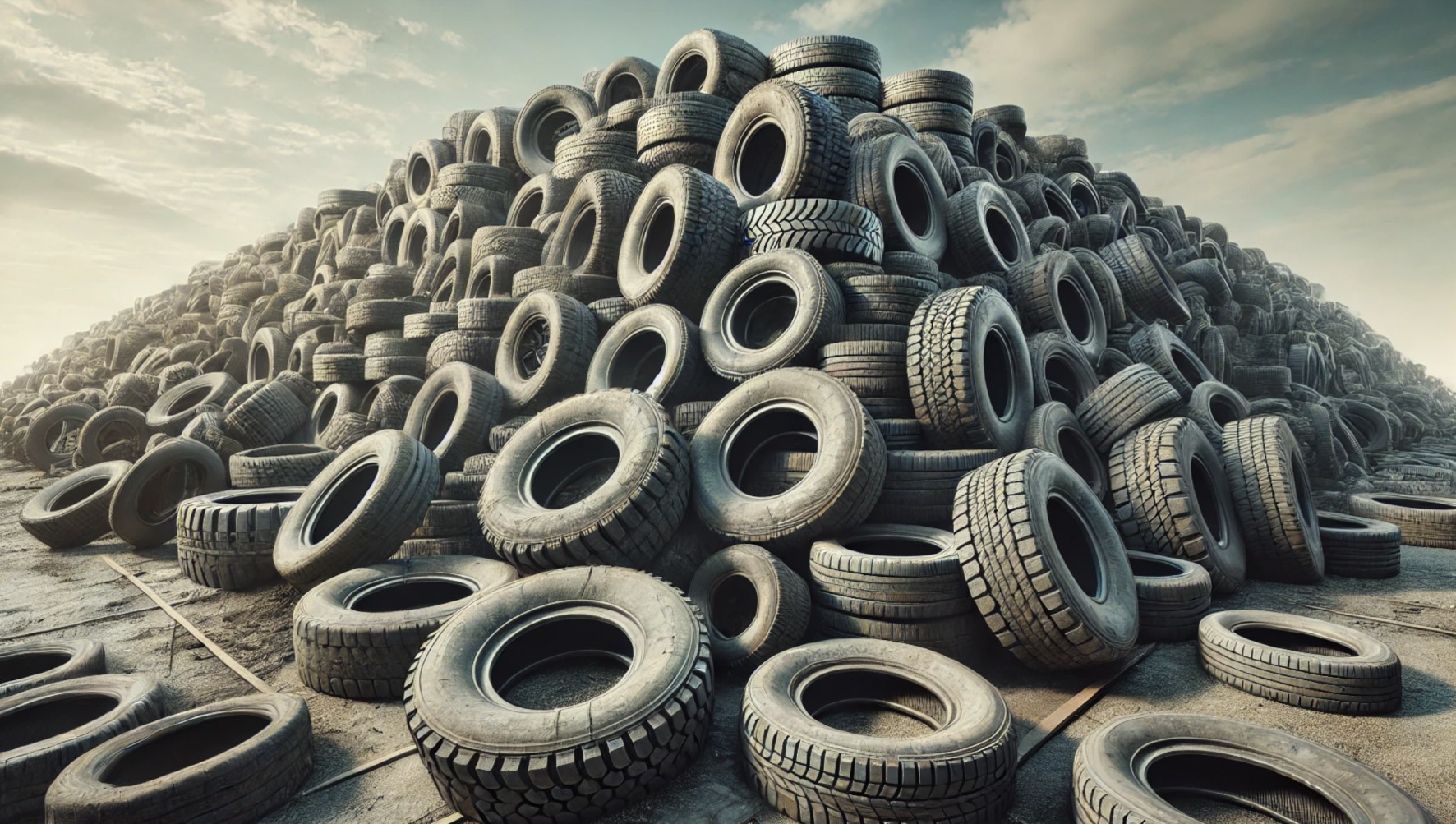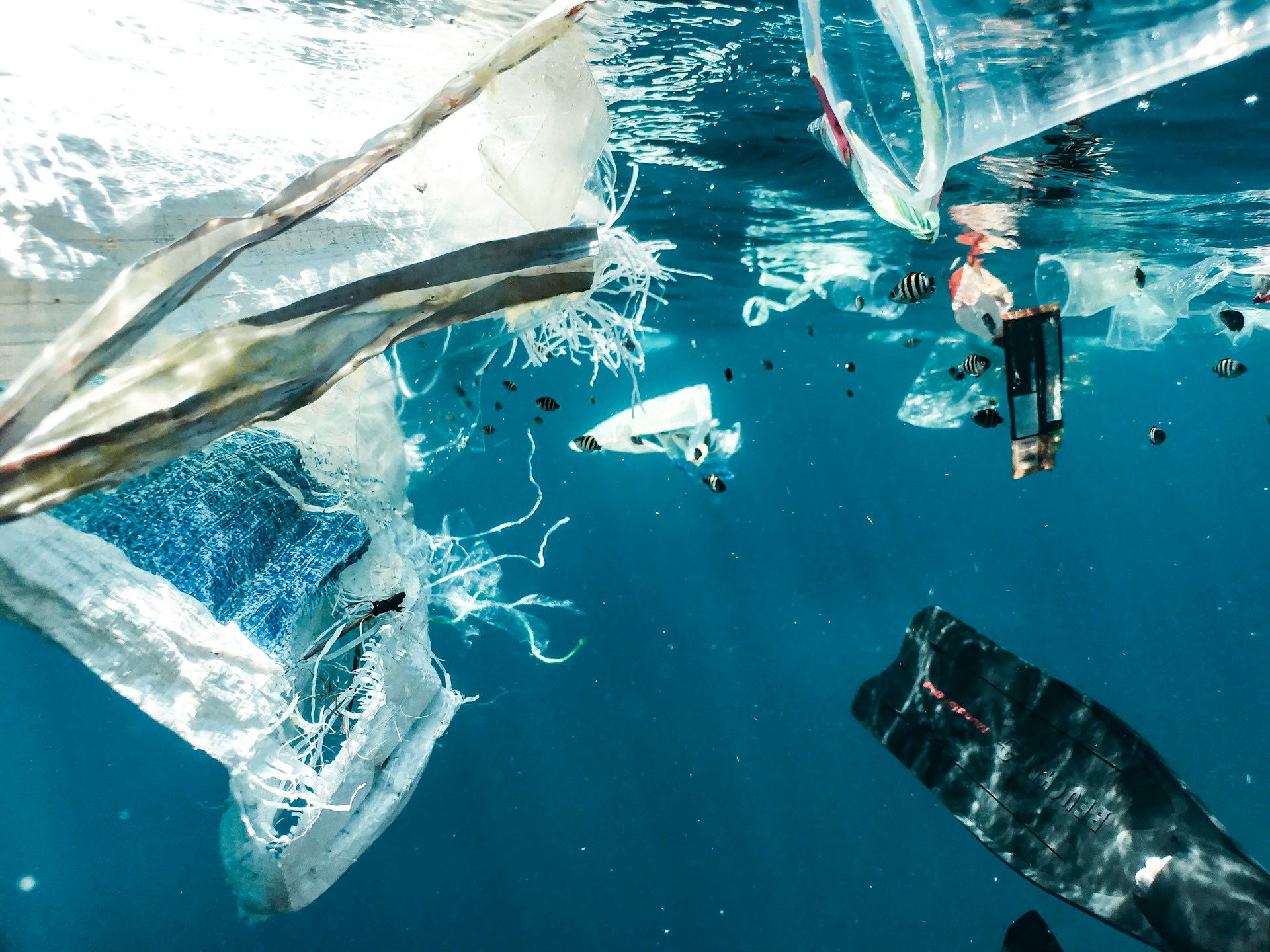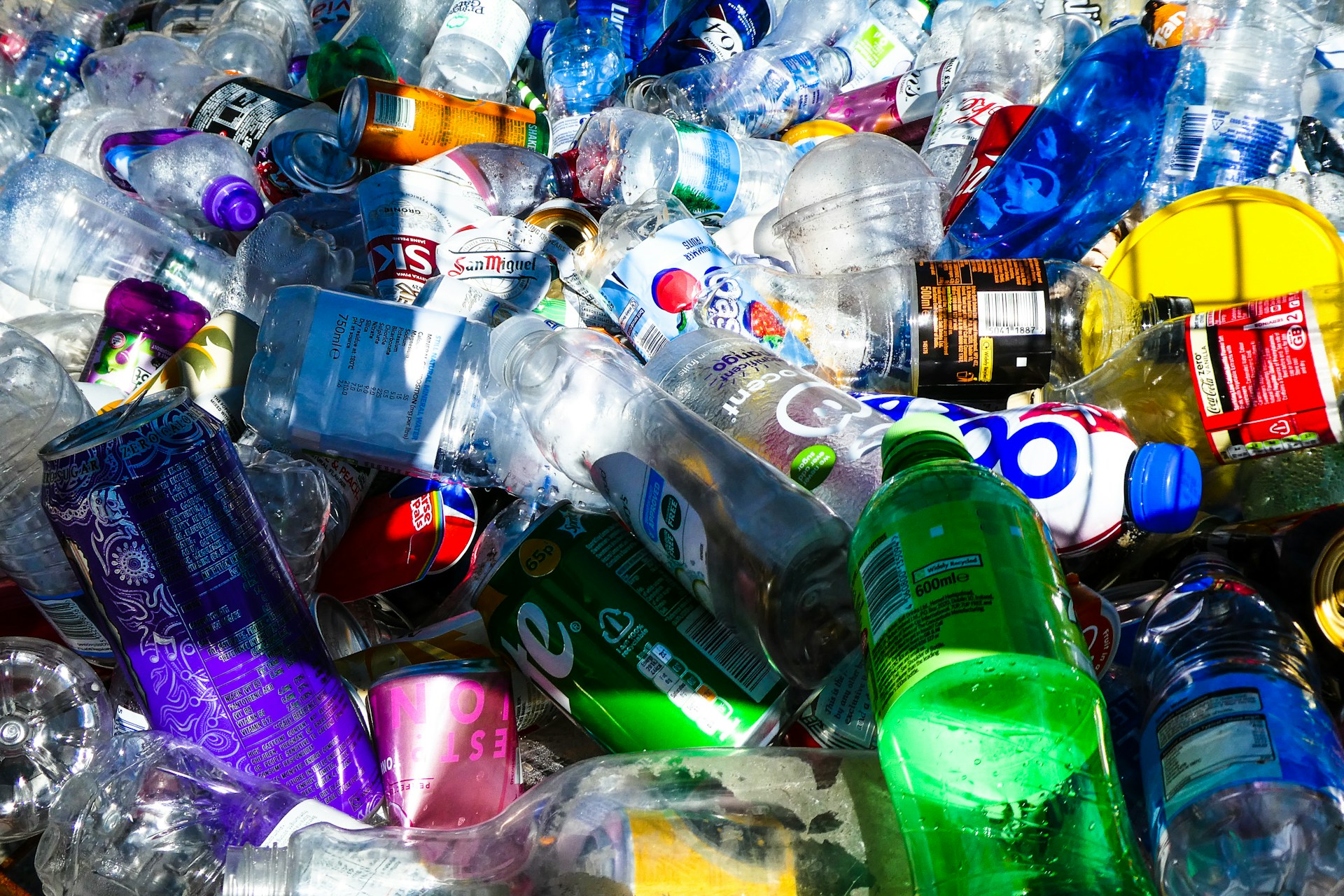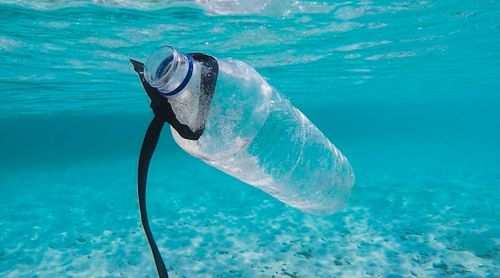GTST transforms waste into valuable resources using pyrolysis technology, converting tires, plastics, coconut husks, and municipal waste into products like recovered carbon black, biochar, and fuel. Our case studies showcase partnerships with local industries, environmental benefits like reducing CO2 emissions and improving soil health, and the economic value of creating sustainable products from waste, driving a circular economy.
Introduction
The increasing global emphasis on sustainability has ignited a need to transform waste into valuable resources. This shift is not just a necessity but an opportunity for businesses to innovate and profit while contributing to a cleaner planet. At GTST, we take pride in being at the forefront of this transformation. Through cutting-edge pyrolysis technology, we convert waste into wealth, contributing to a circular economy. This article will explore real-world case studies of how GTS Trading turns waste into valuable resources, benefiting industries and the environment alike.
The Concept of Waste-to-Wealth: Pyrolysis at the Heart
At GTST, our primary technology for waste conversion is pyrolysis. This thermal decomposition process occurs in the absence of oxygen, breaking down organic materials into useful by-products like bio-oil, syngas, and carbon black. Pyrolysis is an efficient and eco-friendly solution to some of the most pressing waste management challenges, helping us reduce landfill waste while producing valuable materials for industrial applications.
In the following case studies, we will dive deeper into how GTST harnesses pyrolysis to create value from waste, contributing to a sustainable future.
Case Study 1: Tire Pyrolysis – Reducing Rubber Waste, Producing Recovered Carbon Black (rCB)
The global tire industry faces a massive waste challenge, with billions of tires discarded every year. At GTS Trading, we’ve taken this challenge head-on by implementing tire pyrolysis technology, a game-changing solution that turns waste tires into valuable resources like recovered carbon black (rCB) and pyrolysis oil.
Key Impact:
- Partnership with Local Tire Companies: In Vietnam, where used tire disposal has been an ongoing issue, GTS Trading partnered with local tire producers and waste management companies to collect and process end-of-life tires. Through pyrolysis, these tires are converted into rCB, which is used in various industries including rubber manufacturing and plastics.
- Environmental Benefits: With tire pyrolysis, GTS Trading has managed to significantly reduce the waste that ends up in landfills. For every ton of tires processed, we reduce CO2 emissions by approximately 1.5 tons, contributing to Vietnam’s carbon reduction targets.
- Economic Gain: The sale of recovered carbon black provides a sustainable revenue stream for GTS Trading. rCB is highly sought after by manufacturers looking to reduce their environmental impact while maintaining product quality. As a result, GTS Trading has created a successful business model that turns waste into wealth by selling high-quality rCB to global clients.

Case Study 2: Plastic Pyrolysis – Converting Plastic Waste into Fuel
Plastic waste is one of the most persistent environmental challenges. With millions of tons of plastic produced each year, finding ways to recycle or repurpose this material is essential. At GTS Trading, we have developed a robust plastic pyrolysis program that transforms non-recyclable plastics into usable fuel.
Key Impact:
- Collaborating with Local Governments and Industries: GTS Trading has partnered with several local municipalities and industries to manage their plastic waste. Through our partnerships, we collect non-recyclable plastics that would otherwise end up in landfills or oceans.
- Conversion into Fuel: Using pyrolysis, we convert plastic waste into pyrolysis oil, which can be used as an alternative to conventional fuels. This oil is particularly valuable for industries seeking sustainable fuel sources, including cement plants and industrial boilers.
- Scalable Solution: GTS Trading’s plastic pyrolysis process is scalable, allowing us to tackle increasing amounts of plastic waste. By scaling our operations, we aim to provide a long-term solution to plastic waste management in Vietnam and beyond.
- Economic and Environmental Value: The plastic pyrolysis process not only helps reduce the volume of waste but also creates a revenue stream from the sale of pyrolysis oil. This fuel is less expensive and cleaner compared to traditional fossil fuels, making it an attractive alternative for industries with high energy needs.

Case Study 3: Agricultural Waste Pyrolysis – Creating Biochar for Sustainable Agriculture
Agricultural waste presents a significant environmental challenge, particularly in countries like Vietnam, where farming is a key economic driver. At GTST, we focus on transforming coconut husks, a common agricultural by-product in Vietnam, into valuable biochar using pyrolysis. This product not only contributes to sustainable farming practices but also aids in carbon sequestration.
Key Impact:
- Partnering with Coconut Farmers: Vietnam is one of the world’s largest producers of coconuts, resulting in massive quantities of coconut husks being discarded. GTS Trading collaborates with local coconut farmers to collect these husks, which would otherwise go to waste. Our pyrolysis process turns these husks into biochar, creating both environmental and economic benefits for farmers.
- Improving Soil Health: Biochar made from coconut husks is highly effective at enhancing soil health. It increases water retention, improves nutrient availability, and supports microbial activity in the soil. Farmers who use our biochar report improved crop yields and a reduced need for chemical fertilizers, making their farming practices more sustainable.
- Carbon Sequestration: One of the most significant environmental benefits of using biochar is its capacity to sequester carbon. By locking carbon into the soil for long periods, biochar from coconut husks helps reduce the carbon footprint of agricultural activities, contributing to global climate mitigation efforts.
- Economic Opportunities for Farmers: Farmers benefit from an additional revenue stream by selling their discarded coconut husks to GTS Trading. This not only reduces waste but also supports the local economy by turning agricultural by-products into valuable resources.
Case Study 4: Municipal Waste Pyrolysis – Addressing the Urban Waste Challenge
Cities around the world are grappling with the problem of municipal solid waste (MSW). Vietnam is no exception, with urban areas generating tons of waste daily. At GTST, we have developed pyrolysis technology to address the growing urban waste problem.
Key Impact:
- Collaboration with City Authorities: GTS Trading has partnered with city authorities in several urban areas to manage municipal solid waste. Our pyrolysis technology processes waste that would typically end up in landfills or be incinerated, reducing the environmental impact.
- Generating Energy from Waste: Through the pyrolysis of municipal waste, GTS Trading produces syngas, which can be used as an alternative energy source. This energy is harnessed to power local industries, reducing their reliance on fossil fuels.
- Reducing Landfill Dependency: By diverting waste from landfills, GTS Trading helps reduce the burden on waste management infrastructure. This approach not only conserves land but also mitigates methane emissions from decaying organic matter in landfills.

Looking Ahead
The success of pyrolysis technology at GTS Trading demonstrates its potential to revolutionize waste management. However, the journey doesn’t stop here. GTS Trading is committed to scaling our pyrolysis operations and expanding our partnerships to create even more value from waste.
- Future Expansion Plans: GTS Trading plans to expand our tire, plastic, and agricultural waste pyrolysis operations to other regions in Vietnam and Southeast Asia. By doing so, we aim to address waste management challenges on a larger scale while contributing to regional economic growth.
- Innovating for a Circular Economy: GTS Trading is continually investing in research and development to improve pyrolysis technology and explore new applications for its by-products. This innovation will be key to achieving a fully circular economy where waste is not discarded but transformed into valuable resources.
Conclusion
At GTS Trading, we believe that waste is not a problem but an opportunity. Through our pioneering pyrolysis technology, we have transformed waste into wealth, creating valuable resources from discarded tires, plastics, agricultural residues, and municipal waste. Our case studies showcase the tangible impact of pyrolysis, from reducing CO2 emissions and improving soil health to generating sustainable fuels and energy.
As we look to the future, GTS Trading is committed to scaling our pyrolysis operations, partnering with more industries, and continuing to innovate for a sustainable, circular economy. By turning waste into wealth, we are building a greener future for Vietnam and the world.
References
1. Arena.gov.au, n.d. Energy from waste through pyrolysis. Available at: https://arena.gov.au/projects/energy-from-waste-through-pyrolysis/
2. Bestonpyrolysisplant.com, n.d. Plastic pyrolysis process. Available at: https://bestonpyrolysisplant.com/plastic-pyrolysis-process/
3. Blog.mywastesolution.com, n.d. What is tyre pyrolysis and how it works. Available at: https://blog.mywastesolution.com/what-is-tyre-pyrolysis-and-how-it-works/
4. Cen.acs.org, n.d. Amid controversy, industry goes plastics pyrolysis. Available at: https://cen.acs.org/environment/recycling/Amid-controversy-industry-goes-plastics-pyrolysis/100/i36
5. Contec.tech, n.d. Pros and cons of pyrolysis. Available at: https://contec.tech/pros-and-cons-of-pyrolysis/
6. Greenpower.equipment, n.d. Pyrolysis as a promising method of waste processing: Basic principles and advantages. Available at: https://greenpower.equipment/articles/pyrolysis-as-a-promising-method-of-waste-processing-basic-principles-and-advantages/
7. I-pec.ru, n.d. Pyrolysis of tyres: 5 facts about rubber processing. Available at: https://i-pec.ru/en/news/pyrolysis-of-tyres-5-facts-about-rubber-processing
8. Practicalaction.org, n.d. The holistic approach: Turning waste into wealth. Available at: https://practicalaction.org/news-stories/the-holistic-approach-turning-waste-into-wealth/
9. Alfalaval.us, n.d. Pyrolysis of plastics: Challenges and solutions. Available at: https://www.alfalaval.us/media/stories/sustainability/pyrolysis-of-plastics-challenges-and-solutions/
10. Biogreen-energy.com, n.d. Tire pyrolysis. Available at: https://www.biogreen-energy.com/pyrolysis-applications/tire-pyrolysis
11. Dva.com.vn, n.d. The economics of pyrolysis: Benefits for businesses. Available at: https://www.dva.com.vn/blogs/the-economics-of-pyrolysis-benefits-for-businesses
12. Metso.com, n.d. Tire pyrolysis. Available at: https://www.metso.com/portfolio/tire-pyrolysis/
13. Ncbi.nlm.nih.gov, n.d. PMC10097134. Available at: https://www.ncbi.nlm.nih.gov/pmc/articles/PMC10097134/
14. Power-technology.com, n.d. Plastic pyrolysis: Fuel from waste plastic. Available at: https://www.power-technology.com/features/plastic-pyrolysis-fuel-from-waste-plastic/
15. Pyrolysisplant.com, n.d. Plastic pyrolysis technology. Available at: https://www.pyrolysisplant.com/post/plastic-pyrolysis-technology
16. Stiesdal.com, n.d. SkyClean: A game-changing technology for agriculture. Available at: https://www.stiesdal.com/skyclean/skyclean-is-a-game-changing-technology-for-agriculture/
About GTST
GTST, standing for Green Technology Solutions Trading, excels in international trade by focusing on green commodities and providing low-carbon, sustainable materials to manufacturers to reduce CO2 emissions and promote a circular economy. By integrating innovative technologies, they help businesses minimize carbon footprints and contribute to global climate efforts, positioning themselves as leaders in eco-friendly trading practices.

